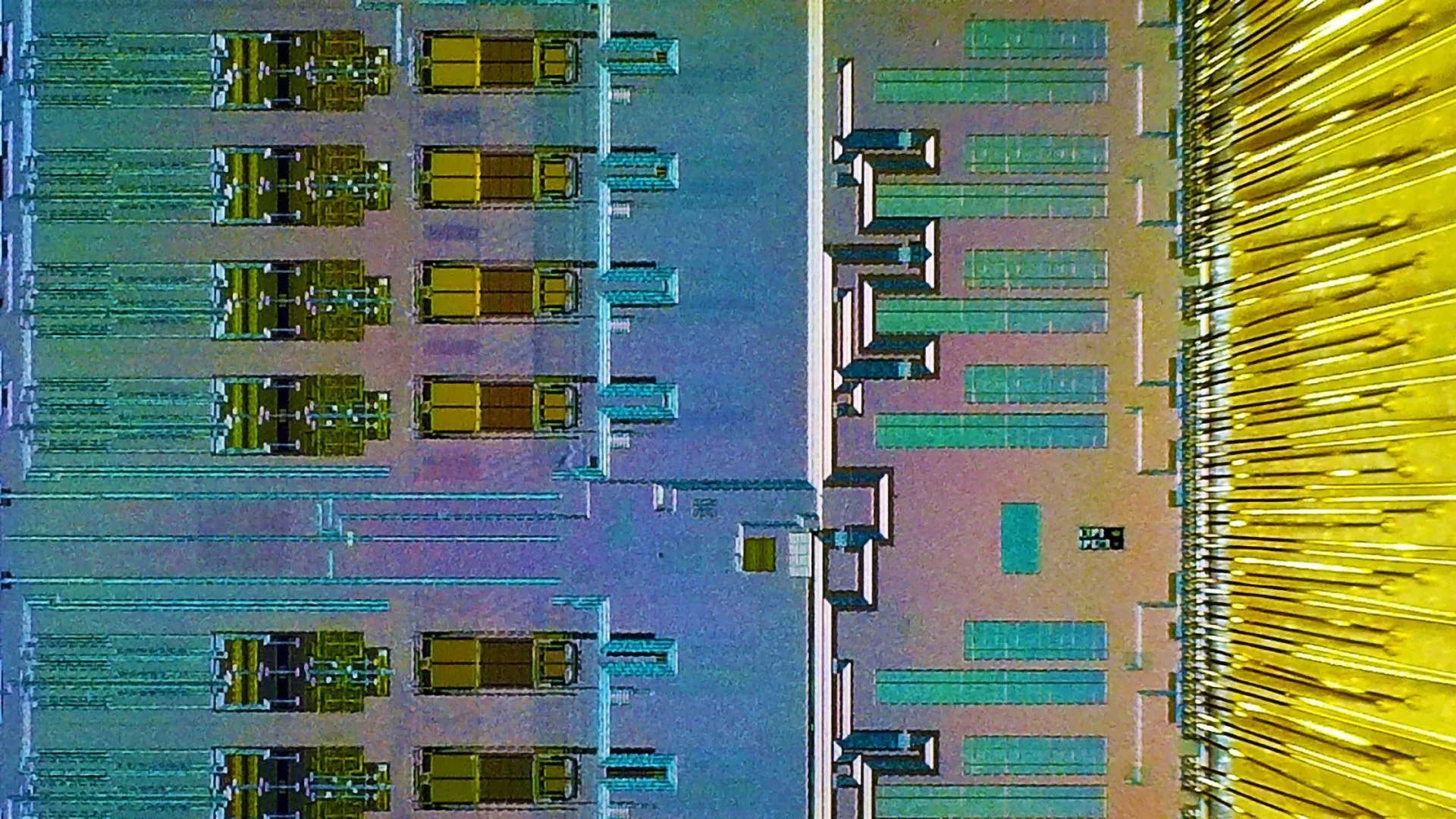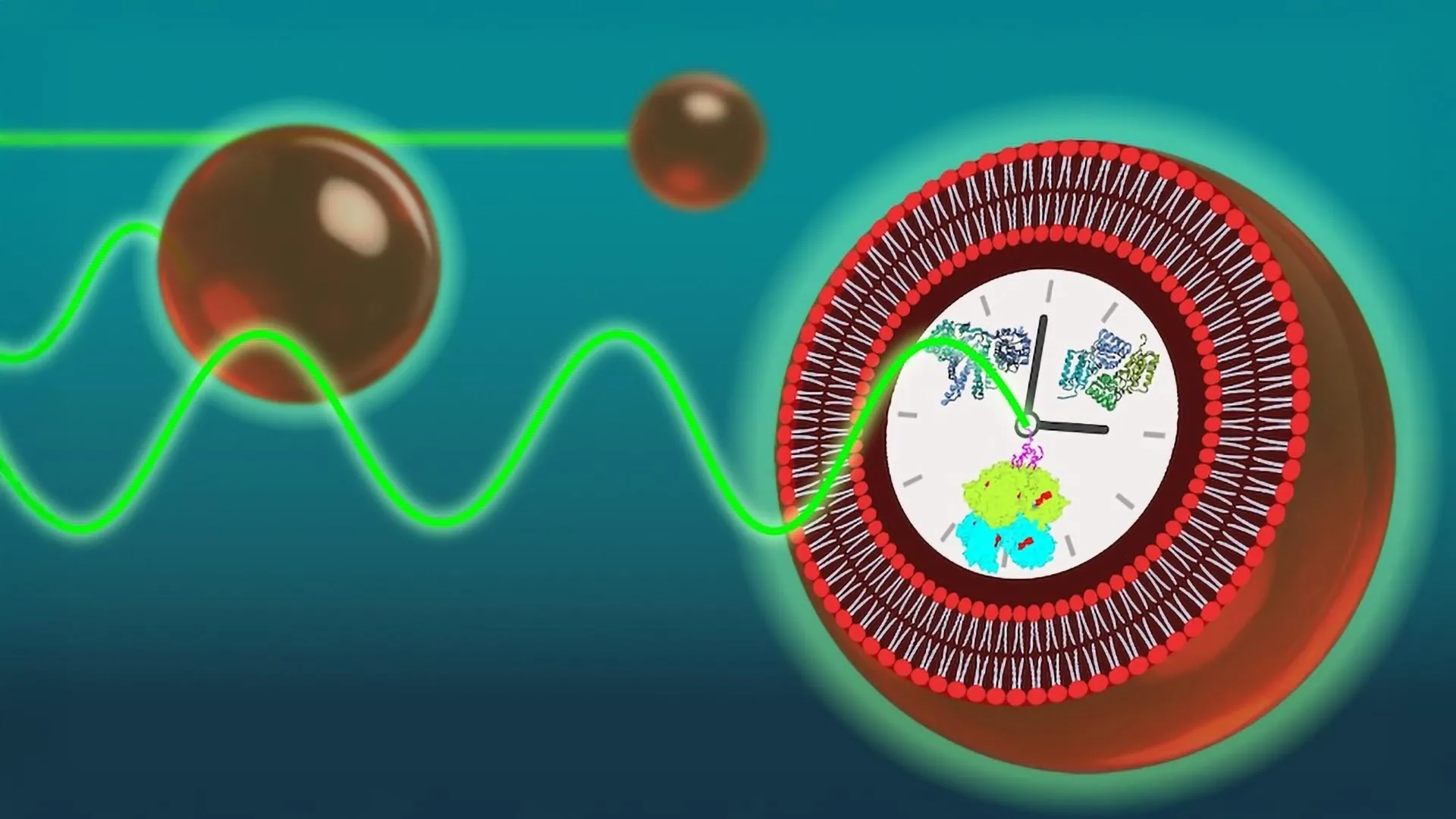Now Reading: Columbia Scientists Achieve Breakthrough in Durable Electronics at CERN
-
01
Columbia Scientists Achieve Breakthrough in Durable Electronics at CERN
Columbia Scientists Achieve Breakthrough in Durable Electronics at CERN

Quick Summary
- The Large Hadron Collider (LHC) at CERN accelerates particles close to the speed of light, producing collisions that generate data critical for exploring fundamental questions about matter and physics.
- Operating in high-radiation environments, standard off-the-shelf electronic components fail; academia has stepped in to create specialized radiation-resistant chips for data capture.
- Researchers at columbia university designed silicon chips called analog-to-digital converters (ADCs) that convert electrical signals from particle collisions into digital data for analysis.
- ADCs are integrated into the ATLAS detectorS liquid argon calorimeter, which captures electronic traces of passing particles.
- The designed chips employ commercial semiconductor processes validated by CERN and circuit-level techniques to minimize radiation damage while enabling real-time error detection and correction.
- Two chips-Trigger ADC (validated in 2022) and Data Acquisition ADC-are part of optimized LHC electronics upgrades:
– Trigger ADC filters a billion collisions per second to prioritize promising events for scientific study.
– Data Acquisition ADC, expected wiht the next upgrade, precisely digitizes selected signals for deeper exploration of phenomena like Higgs boson properties.
- Funded by NSF and DOE, this cross-institutional collaboration involves engineers from Columbia University and UT Austin alongside physicists.
Indian Opinion Analysis
This growth highlights the evolving partnership between fundamental science and advanced engineering. While technically focused on breakthroughs at CERN,such progress indirectly reinforces Indian scientific ambitions: India’s own institutions participate in global collaborations aimed at unravelling universal phenomena like those conducted at LHC.
Given India’s contributions to international efforts like neutrino observatories or particle accelerators under projects such as INO or ITER, technological advancements demonstrated here may provide a framework adaptable to India’s research goals-especially since overcoming environmental challenges mirrors conditions faced across radioactive facilities globally. it also emphasizes an opportunity where partnerships bridging engineering ingenuity with basic sciences could offer transformative tools tailored toward local experiments advancing both visibility & legitimacy internationally-making neutral reflection narratives


























